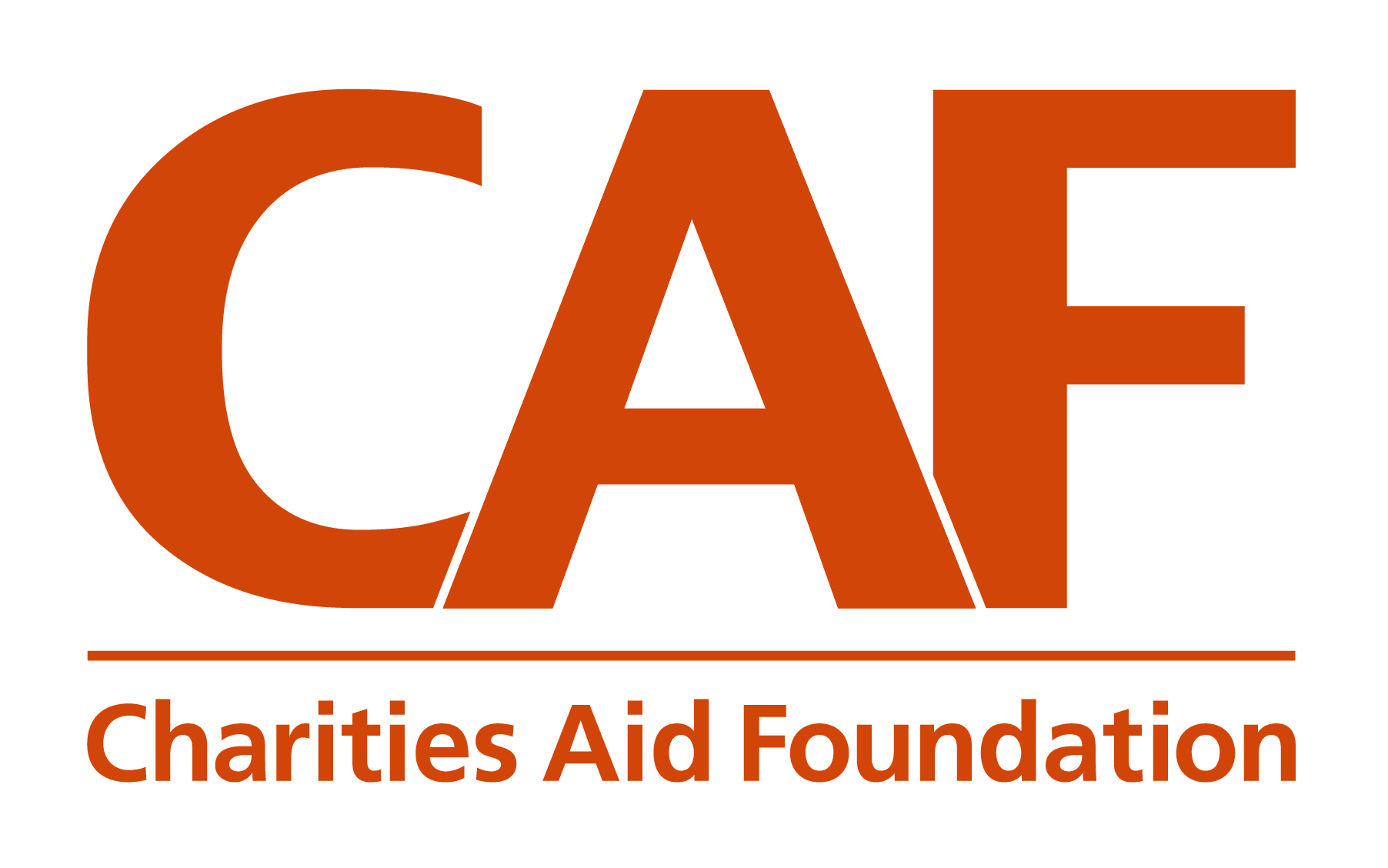Trust forms an integral part of positive relationships, both personal and professional – and the relationship between charities and donors is no exception. Indeed, building and maintaining trust with donors should be a priority for all charities and fundraisers. Donors are essential if charities are to successfully fund their philanthropic ventures.
So how can charities best establish, build, and maintain donor trust and loyalty?
The Charities Aid Foundation has acted as a trusted advisor, collaborator, and meeting point for governments, companies, private philanthropists, regular donors, fellow foundations, charities, and not-for-profit enterprises for over 90 years. Here are a few ideas and tips on how to build long-lasting relationships with donors and clients.
Be transparent
Omitting or downplaying less popular aspects of donating, such as transaction fees, might be tempting for charities who fear disappointing or demotivating potential donors. However, honesty and transparency form a key part of all trusting, sustainable relationships between donors and charities. Obscuring facts never pays. So be as transparent as possible about the journey of each donation, from the pocket of the donor to the cause they hope to impact. Donors appreciate charities that behave authentically.
Communicate your mission
All charities aspire to build lasting relationships where donors feel invested in the charity over the long-term. A great way of doing this is by communicating your charity’s mission effectively. While you might be communicating with donors about a specific programme or short-term fundraising push, make sure to emphasise how such short-term initiatives tie into the overall mission of your charity and what it stands for. A coherent message about what a charity seeks to achieve – including reminders about its future plans – will help to keep donors engaged.
Publicise your reports and results
To better incentivise donors to remain invested in a cause, be sure to update them on progress made towards goals. Be open about finances wherever possible and publicise documents such as annual reports. Communicating openly about challenges as well as successes, and about how your charity seeks to respond to them more effectively, will also help to build trust with donors and cement your charity’s reputation of being honest and accountable.
Solicit feedback
Donors feel more invested in charities when they feel heard and appreciated. Help your charity’s donors feel involved and valued by inviting them to offer feedback through filling out online forms, emailing a dedicated inbox, or attending virtual or in-person meetings. Offering opportunities for donors and other stakeholders to interact with executives and general employees of a charity can help these donors feel more connected to decision-making processes, as well as more understanding of the challenges and opportunities that the charity is facing. This could include in-person drop ins or online initiatives such as ‘ask-me-anything’ chat sessions.
Get personal and offer thanks
To help maintain strong relationships with donors, humanise interactions with them where possible. If you have the resources, try not to settle for sending a major donor an automated email; follow up with a thank you card, ideally signed by hand. Even if resources are limited, contacting and thanking donors wherever possible – and certainly at least once per year – is valuable. You should seek to build rapport and to understand what motivates donors so your charity can help them meet their philanthropic goals. This point ultimately comes back to the importance of seeing donors as people, rather than as sources of money. A charity is a conduit through which change can be made, so donors should feel like they are making a difference – and not just financially. Understanding these motivations and honouring them helps to keep the relationship between charities and donors open, respectful, trusting, and mutually beneficial.






